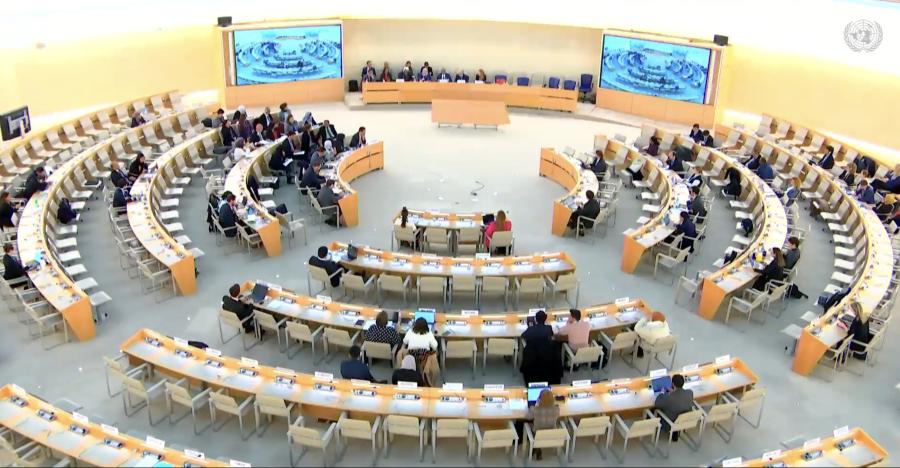International attention should focus on the establishment of a single ethical standard that requires companies to give the same information about usage, dosage, and side effects of drugs throughout the world. Thus, each drug would include the information required in the country with the most stringent regulations; in addition, the information should be available in the appropriate language. The Pharmaceutical Manufacturers' Association and the IFPMA codes already suggest that prescribing information for particular drugs should be essentially the same wherever the drugs are sold.
Simultaneous efforts could work to:
1) prevents the antibiotics that are banned in the US from being manufactured here and sold overseas;
2) prevent drugs and antibiotics, banned in the European country of manufacture, from being exported; and
3) establish international regulations governing Phase I medical experimentation on human subjects, with the minimal requirements that subjects be given free choice, that the potential risks be thoroughly explained, and that the test populations undergo tests for drugs that will possibly remedy health problems suffered by the test population. These regulations could be enforced by an international organization such as the WHO.
Towards these ends, the International Organization of Consumers Union (IOCU) has established a global health network. This organization documents hazardous products being sold around the world. They also collect articles, newspaper and personal accounts, and the results of their own and other organizations' research concerning potentially hazardous products.
The IOCU has a number of local affiliates. One, the Consumers Association of Penang (CAP), now provides Malaysians with information on hazardous products sold in the country, lobbies to have these products removed from the market, and trains students, teachers, and professors. They provide information to government officials, broadcast weekly radio programs, and undertake consumer product surveys.
Fifteen years ago there was a great deal of hope about improving the health of the world's population. Recently, health by the year 2000 has become the catch-phrase. It is clear, however, that at least some of these solutions - drugs and vaccines - are themselves posing health problems. The short-term profits from these "solutions" may indeed be blood money, but they are large enough that we cannot reasonably expect corporations to regulate themselves. As Robert Richter said, Everybody is responsible.
The pharmacist says it's the doctor's responsibility. The doctor says it's the government or it's the manufacturer's responsibility. The government says it's the manufacturer's responsibility. Now [the] manufacturer is saying it's the government's responsibility. Everybody is passing the buck to someone else.
Article copyright Cultural Survival, Inc.


